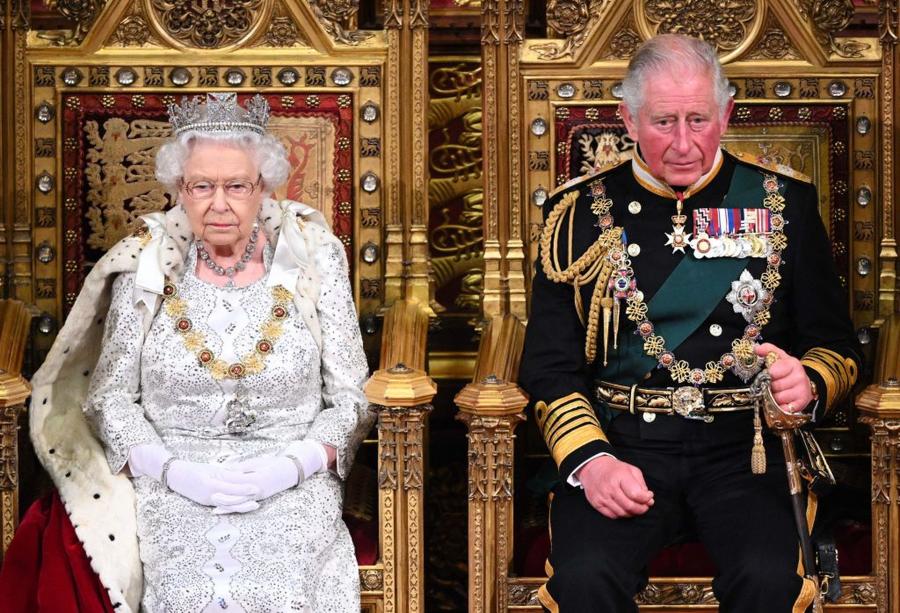King Charles is on the verge of experiencing the most important day of his entire royal life. After decades of waiting on the sidelines, at 11 am local time on Saturday, May 6 (6 am EST/3 am PST), Charles will eventually be crowned the King of England.
The 74-year-old royal takes over the crown from Queen Elizabeth II, who passed away on September 8, 2022, at the age of 96. None of this is new. However, it is worth noting that when the crown is put on his head, the king will be far richer than his late mother.
King Charles’s net worth of $750 million is around $150 million bigger than his late mother’s peak wealth of $600 million.
A significant difference between these two fortunes comes from his former ownership of a real estate trust known as the Duchy of Cornwall estate. This trust is reserved for the next person in line to the throne. The fortune was passed down to Prince William after Queen Elizabeth’s death.
The Duchy was set up in 1337 by Edward III and is now made up of 133,000 acres of land spread around 23 UK counties. This estate owns considerable real estate including seaside estates, cottages, barns changed into homes, countryside manors, and rental properties. In a normal year, Charles earned nearly $20-30 million from the trust, normally via rents and agricultural sales.

This income enabled King Charles to earn a personal fortune of $150 million separately before he became the King. Legally, Charles was exempted from paying taxes on his income from the trust. However, he has voluntarily been paying taxes each year for the past several decades.
When his mother died last September, he inherited her $600 million fortune. Personally, Queen Elizabeth owned the Sandringham Estate in Norfolk, England, and Balmoral Castle in Scotland. She got these properties from her father. She also owned a $100+ million stock portfolio, a stamp collection, many works of valuable art, and $40 million worth of horses.
Remarkably Frugal
Charles decided to manage his money more keenly after his infamous divorce from Princess Diana in the 1990s. Since then, he became a frugal saver, based on the unnamed source who appears to have a revealing definition of what the ‘vast sum’ is made up of.
Charles even spoke to Vogue in 2020 about some of his unexpectedly frugal habits, and although none of these can be credited with his wealth, they might show some of his attitude towards money and possessions:
“I’m one of those people who hate throwing anything away. Hence, I’d rather have [clothing] maintained, even patched if necessary, than abandon them…The difficulty is, as you get older, you tend to change shape, and it’s not so easy to fit into the clothes. I can’t bear any waste, including food waste; I’d much rather find another use.”
King Charles has long been a proponent of what he terms a “circular economy” based on reuse and recycling, and some of his frugality is probably linked with that worry for the environment. In the world of his finances, it seems to have paid off.